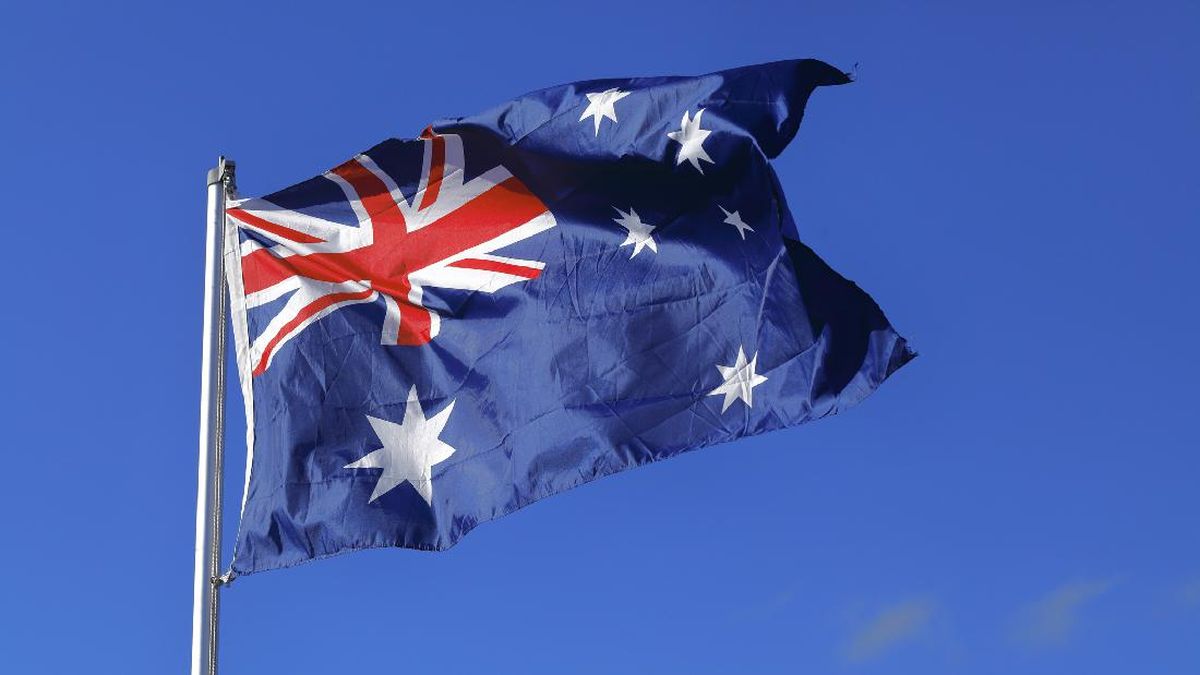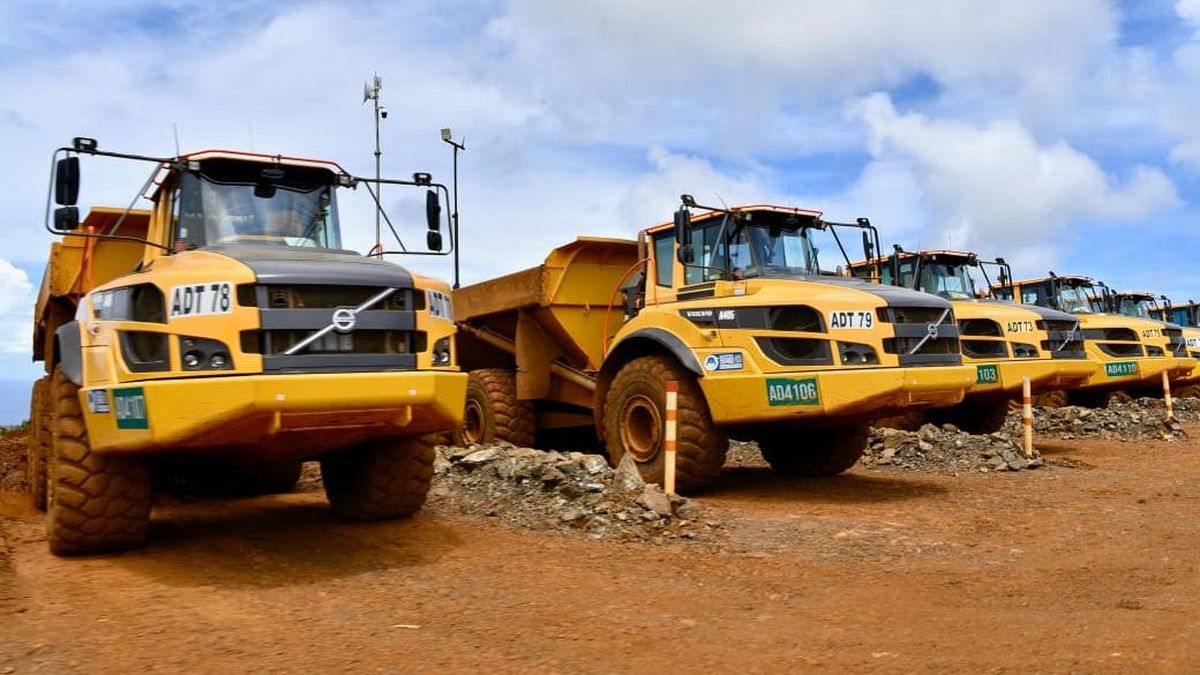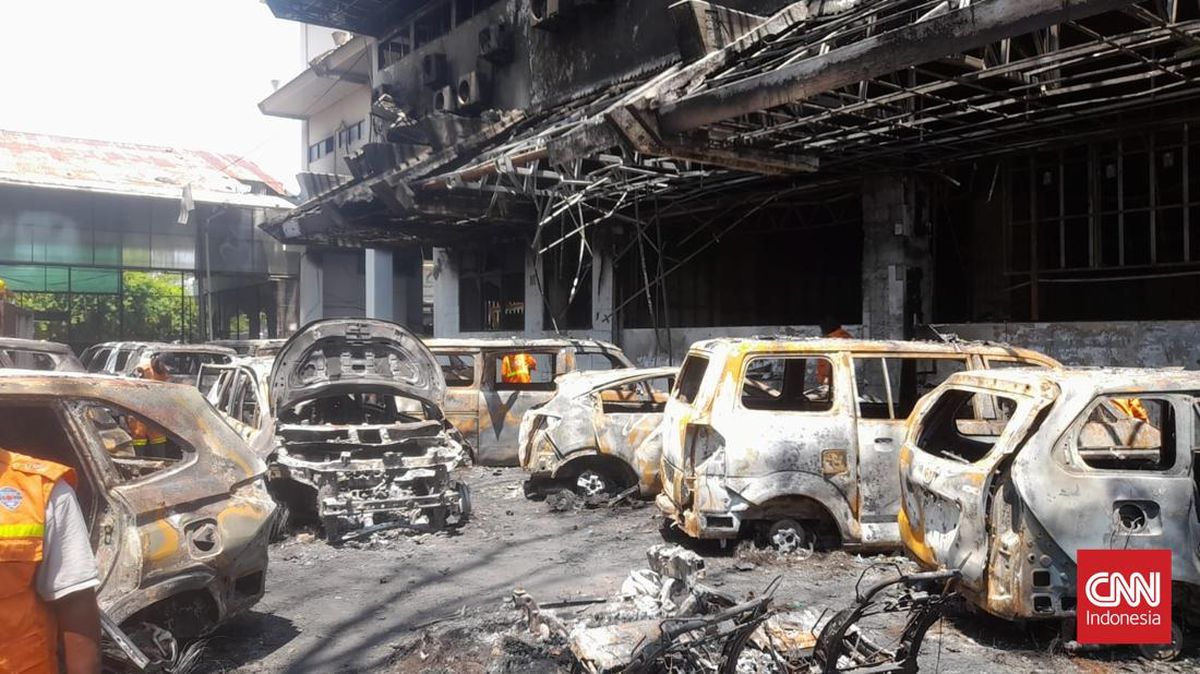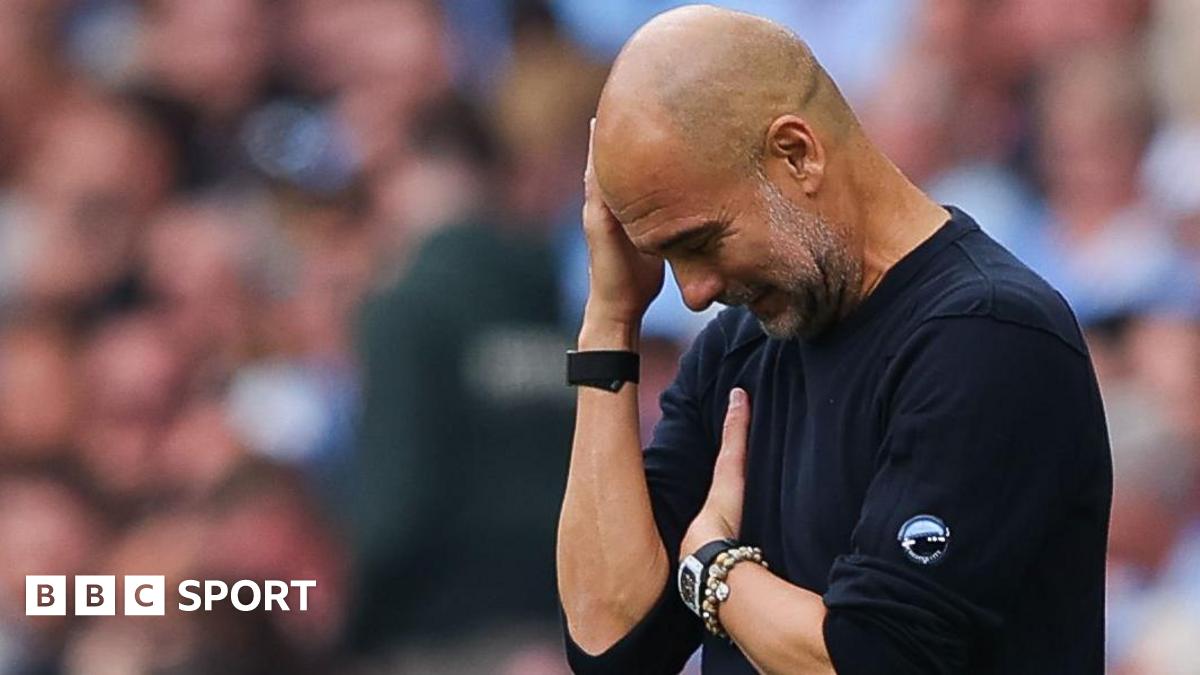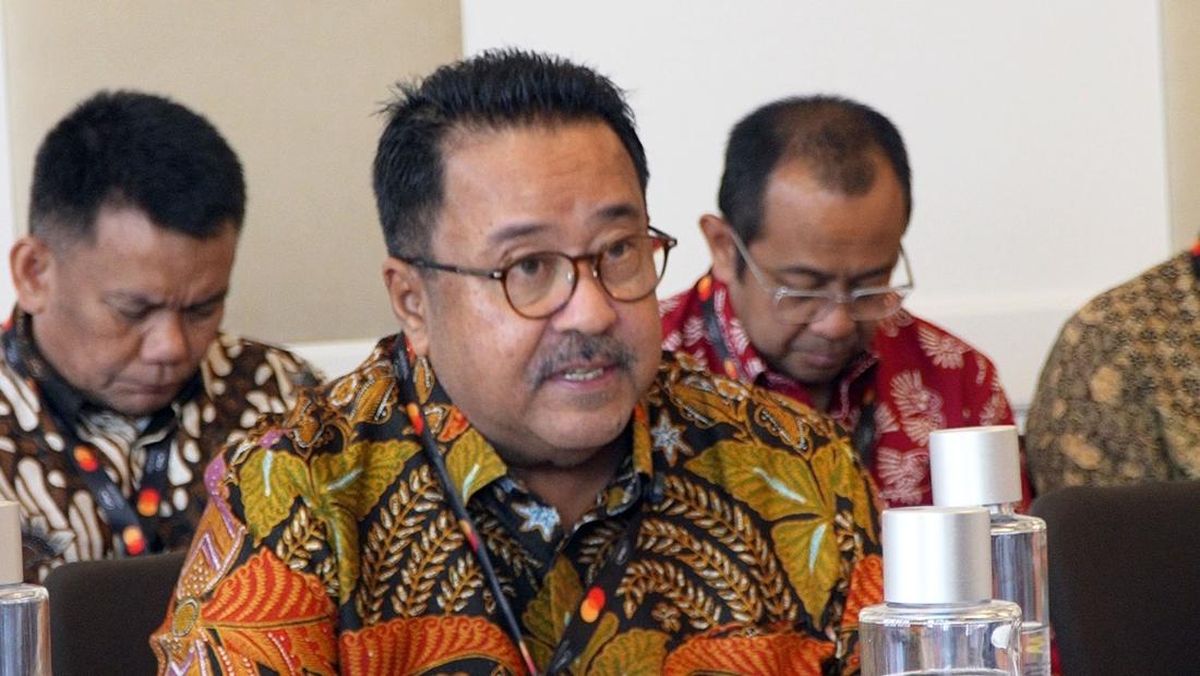Despite immigration being a major political story over recent weeks, I have been reluctant to write about it in today’s note because the topic can be uncomfortable and notoriously difficult to convey with nuance.
But we can’t shy away from difficult subjects, and the media has a particular responsibility to pose tough questions of our political leaders and broader public.
I’ll begin by stating two basic facts.
First: migration has been – and continues to be – undoubtedly good for Australia. We are a culturally and financially richer country for it. The Herald also has a great history of advocating for a big Australia and celebrating Sydney’s diversity.
Second: racism is all too common in our country. The August 31 March for Australia rallies featured appalling acts of racism and thuggery, and gave migrant communities cause to fear for their safety. In Melbourne, the rally featured so-called sovereign citizens, mainstream right anti-immigration protesters, and anti-government agitators and neo-Nazis. About 150 far-right National Socialist Network (NSN) members led the march. A group of neo-Nazis also stormed an Aboriginal camp in central Melbourne, causing injuries.

Protesters during the March for Australia anti-immigration rally outside Parliament House in Canberra on August 31.Credit: AAP
There is no place for neo-Nazis in our country. The protests were rightly criticised, including by Anthony Albanese. The prime minister condemned the racism and violence on display at the rallies but copped criticism for claiming that “good people” also attended.
In my view, if you turn up at a protest – particularly one which had been flagged for days before as potentially ugly and violent – your decision and judgment are up for debate.
I don’t really have a lot of sympathy for whether those “good” people who attended the march felt unfairly condemned. I am much more interested in the views of the many people who did not attend the protest, but do hold concerns about immigration. How would they have felt about the condemnation, and do attempts to shut down debate over this issue risk pushing more people to the fringes? I fear they do.
All racists don’t like immigration, but it is not true that all people who are concerned about immigration are racists. This was clearly the point Albanese was trying to convey a couple of weeks ago.
There is a wealth of evidence that there is little to no link between immigration and challenges such as housing affordability, cost of living and social cohesion, but we can’t hide from the reality that many people believe it to be the case.

Anti-immigration protesters carry flags and chant as they march towards Victoria Park on August 31.Credit: Getty Images
Polling published by the Herald in November found 49 per cent of Australians believe immigration is too high, up from 33 per cent the year before. Almost two-thirds of adults who said immigration was too high cited economic issues or housing affordability as the country’s most pressing problem.
This shift shows state and federal governments have much more work to do. ACT senator David Pocock – not exactly known as having a lot of sympathy for right-wing causes – has for a long time been pushing for federal parliament to examine Australia’s immigration system. Last year he tried to get parliament to have an inquiry into population growth and planning but received zero support.
In a recent opinion piece published by the AFR, Pocock said the population and immigration debate that boiled over on August 31 has been simmering for some time. He said Australians face acute pressures on housing affordability and while those concerns are valid and people are right to want answers, blaming migrants isn’t fair.
“When it comes to the actual numbers, while there was a ‘catch up’ period after the pandemic, the figures are now starting to moderate, and net migration has fallen by 100,000 people per year since the peak in 2022-23,” Pocock wrote.
“But it’s also true that successive governments have failed to take an honest look at our migration and population settings, consult communities across the country, and come up with an actual plan. We need to be able to have a discussion about the key questions. How big do we want Australia to be? How do we balance the skills we need with housing, health, environmental impacts and other key infrastructure?
Loading
“When governments fail to listen and plan, a vacuum opens up. This allows extremists – including white supremacists and neo-Nazis – to prey on people’s genuinely held concerns.”
Pocock is not alone. As the Herald’s Jacqueline Maley wrote recently, ugly protests are what happen when the immigration debate is overtaken by bad-faith actors who use it as a Trojan horse for voicing prejudice against particular communities. “It’s imperative that good-faith politicians, on all sides, reclaim the debate and remind Australians of how indebted we are, culturally and economically, to immigrants,” Maley wrote.
Like Pocock, I am concerned about where anti-immigration sentiment can lead. For a real-world example, take a look at reporting by the Herald’s Europe correspondent, David Crowe, about the immigration powderkeg in the United Kingdom.
The shameless charlatan Nigel Farage and his Reform UK party are riding high in the polls in the UK amid a large number of migrant boats crossing the English Channel. As Crowe told readers recently, more than 43,000 asylum seekers arrived by boat across the channel in the year to June 30, fuelling fears about migration and helping Farage put huge political pressure on the Labour government. We are a long way off from an election in the UK but the chances of Farage taking the keys to Downing Street are not insignificant.

A UK Border Force vessel brings migrants intercepted crossing the English Channel into Dover port last month.Credit: Getty Images
Late last year I was invited to a small lunch with former British MP Rory Stewart, the co-host of the wildly popular The Rest Is Politics podcast. During that lunch, Rory posed a good question: Is it possible that, even though the left has real problems with Australia’s harsh border protection regime, the system has meant our country has avoided some of the deep division experienced by other Western nations that don’t have a grip over immigration? Rory was effectively saying that the rise of the far-right in Australia may have been prevented by a border protection regime that many progressives loathe. It was an interesting theory and one I have thought about a lot since.
While Australia may have avoided a surge in far-right sentiment over recent years, we cannot afford to be complacent – or put difficult conversations in the too-hard basket.
Thanks for reading and have a great weekend.
Bevan Shields sends an exclusive newsletter to subscribers each week. Sign up to receive his Note from the Editor.
Most Viewed in Politics
Loading


